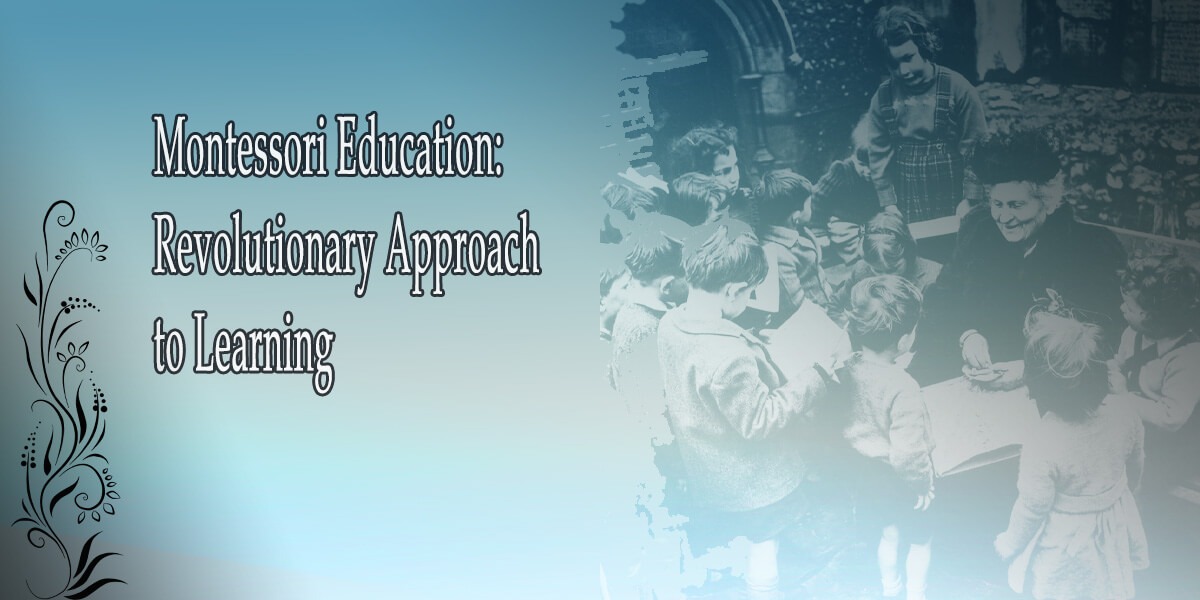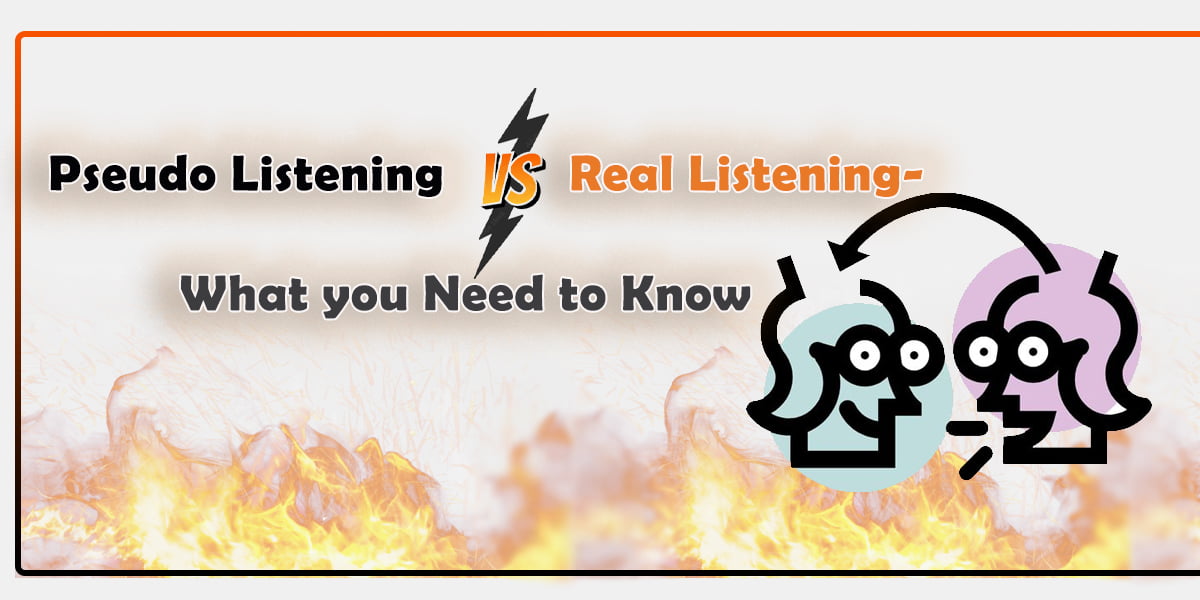Conventional education does not lead our youngsters to a successful future because the education provided in this system is not practical. Students get tired of cramming their books and learning everything word for word. To make their learning interesting and fruitful, the academic should include some practical learning, too.
Montessori Education uses an unconventional learning approach for the students, which allows them to explore things by themselves and learn from them. Children get to study things in groups and as individuals so that they can develop critical thinking, which will lead them to be successful. The surroundings of the class are designed in a way that all the learning requirements are fulfilled.
If you are thinking of getting your little one into a school with a Montessori Education system, then you are in the right place. We will tell you what learning approaches are used for students, what methods of teaching are used there and the reasons behind them.
What is Montessori Education?
Montessori education is an approach to learning that is based on independent exploration, practical education and cooperative play. In their schoolrooms, children explore their minds in their knowledge, while the teaching space and the highly skilled trainer offer suitable exercises to guide the procedure. Kids work as a team independently to uncover and investigate awareness of the world and to cultivate their utmost potential.
Their classrooms are thoughtfully created surroundings created to fulfill the requirements of young ones belonging to a certain age bracket. Professor Maria discovered that practical learning in this type of learning environment led to an enhanced comprehension of various subjects. Most of the learning environments are non-religious, although the approach can be integrated successfully into a spiritual program.
How did this method start – Maria Montessori
Who Was She?
Maria Montessori from 1870 to 1952 was a physician and social scientist from Italy who spent her life researching the social development of children,
Her Teachings and Observations
Through carefully observing kids worldwide, she revealed extensive growing trends that can be found within every child without considering their culture or the time period they exist in. She was one of the first women to be granted a qualification as a physician in Italy. Following her curiosity in human development, she assisted at a clinic for children with mental illnesses.
Continue Her Teachings
As she traveled the world with her mission in mind, she realized that the moment had come to integrate the reliability and accuracy that was being taught in her education courses. As a result, she established the Association Montessori Internationale (AMI) in 1929. Today, AMI continues to promote high-quality teacher education around the world.
Methods of Montessori education
This type of education is founded on the concept of the human development model. This teaching style is based on two principles: that mental self-development in young kids and emerging adults occurs as a result of environmental interactions, and those children (particularly those under the age of six) have a natural route of psychological development.
The Reason Behind Those Methods
She thought that children who were free to select and behave freely within the surroundings created according to her concept would act naturally for the best growth based on what she observed. In order for it to be balanced in all types of schools, the American Montessori Society (AMS) is a charitable organization supported by members founded in NYC that supports the implementation of the method in both public and private schools.
Classes
In these organizations, mixed-age classrooms exist. Classrooms for children aged from 2 to 6 are the most common ones. However, classrooms for 6+ and teenagers also exist.
Prepared Environment
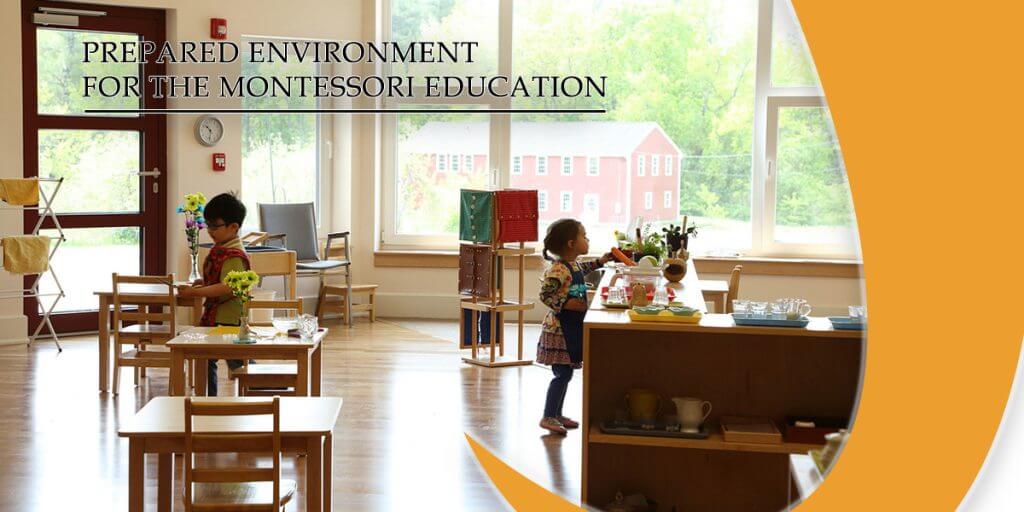
Students are given a choice of activity from a well-designed prescribed range of options. The usual time of these activities is about 3 hours. The students are being supervised by a trained instructor who is familiar with analyzing a child’s qualities, habits, natural gifts, and abilities. This education method entails open-ended play within a prepared environment, which is an educational environment customized to basic human traits, particular features of children of various ages, and every kid’s distinctive personality.
FAQ: What is a prepared environment?
The prepared environment is a peaceful and controlled atmosphere for learning in which children understand what to expect. Each curricular section has its own set of materials on a shelf, assigned work areas at a table or on the floor, a dining area, and the place where kids gather.
FAQ: What is the purpose of a prepared environment?
The function of the environment is to help and allow the child to develop independence in all areas according to their inner psychological directives by keeping them focused and calm.
Apart from all of this, let’s have a look at what parents think of Montessori education.
Parents’ feedback of Montessori education
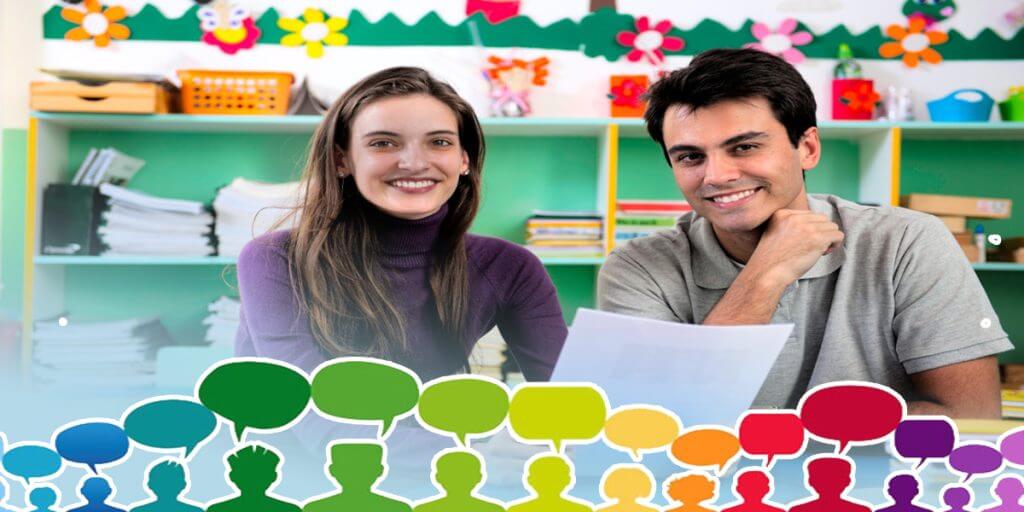
The Negative Reviews
Critics About Teachers
Some parents say that the teachers seem overly strict, unlike teachers in regular preschools and primary schools. While children “work” (participate in supervised play), teachers prefer to be completely hands-off engaging less and observing at a distance.
Scheduling
The schedule and timetable are inflexible and the rules are overly strict. As you can tell some parents weren’t happy with this type of education system, however, some were delighted.
Unusually Calm
The school might be too calm and peaceful for an energetic child of that age. Being in a place where its silent for a long time is as uncomfortable as being in a place with a lot of noise pollution.
The Positive Reviews
Academic Skills
However, a lot of parents have said that due to the classes, their child has developed quick learning abilities and adaptation, referring to them as self-motivated.
Less Stressful
The positive trait because of the “too calm” environment is that the parents feel at peace and like their children to spend the day in a less stressful environment.
Normal Schooling vs Montessori Schooling
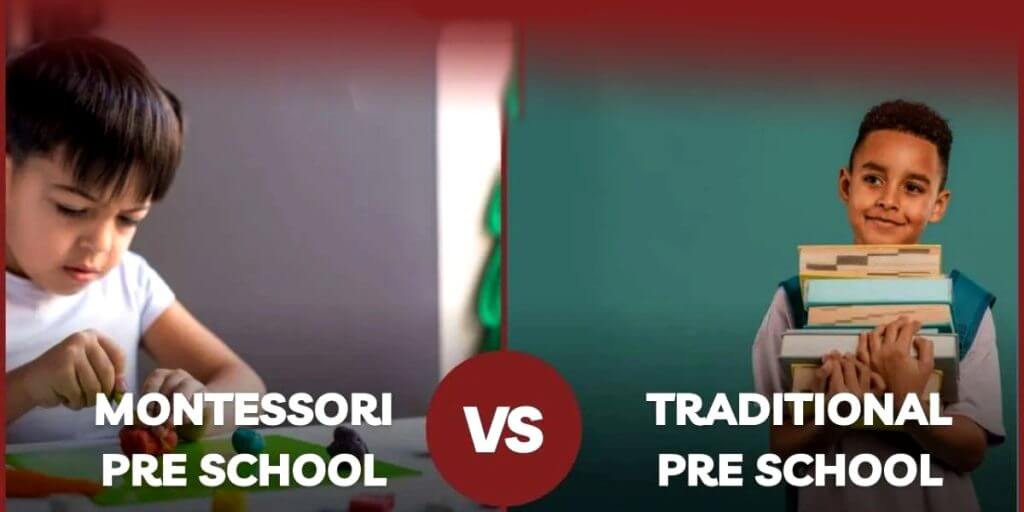
Unlike normal schools, there is no competition between students and every individual has their own learning speed. This also teaches them teamwork and how to collaborate and work as a group.
Last Note – Intellect folk’s Opinion
Their programs are particularly useful to youngsters who are independent, capable of functioning alone for long periods of time, and perform well on their own or in teams. Furthermore, these programs are great for youngsters who are prone to becoming overwhelmed by noise, turmoil, and disarray. Individual learning enables pupils to learn at their own speed and may also offer a safe atmosphere for children with special needs.
Intellect Folk’s Opinion
Regardless of the concerns of the parents, this type of education model is unique and very beneficial in all ways. In our opinion, this is better than normal education. However, parents also have a right to be comfortable where their child Is being sent.
Conclusion
Montessori Education is primarily designed for the children to give them a prepared environment. Teachers with special types of pieces of training are assigned to this system so that they can analyze students’ habits, natural abilities, gifts, and behavior. Classrooms are designed for the kids of age from 2 to 6. These educational programs help in the psychological growth of kids.


